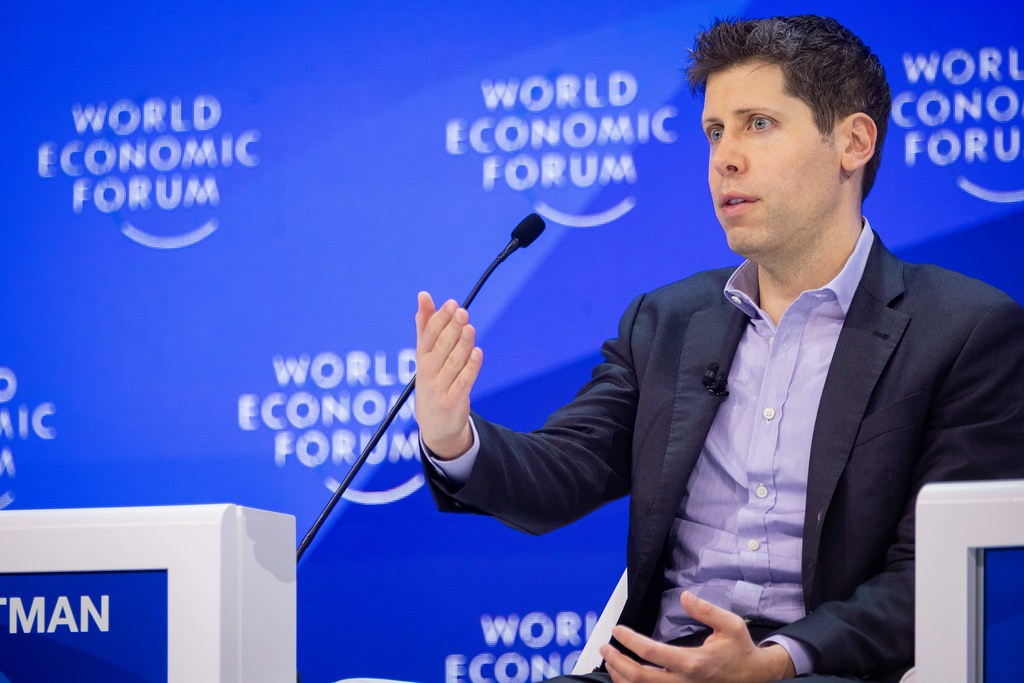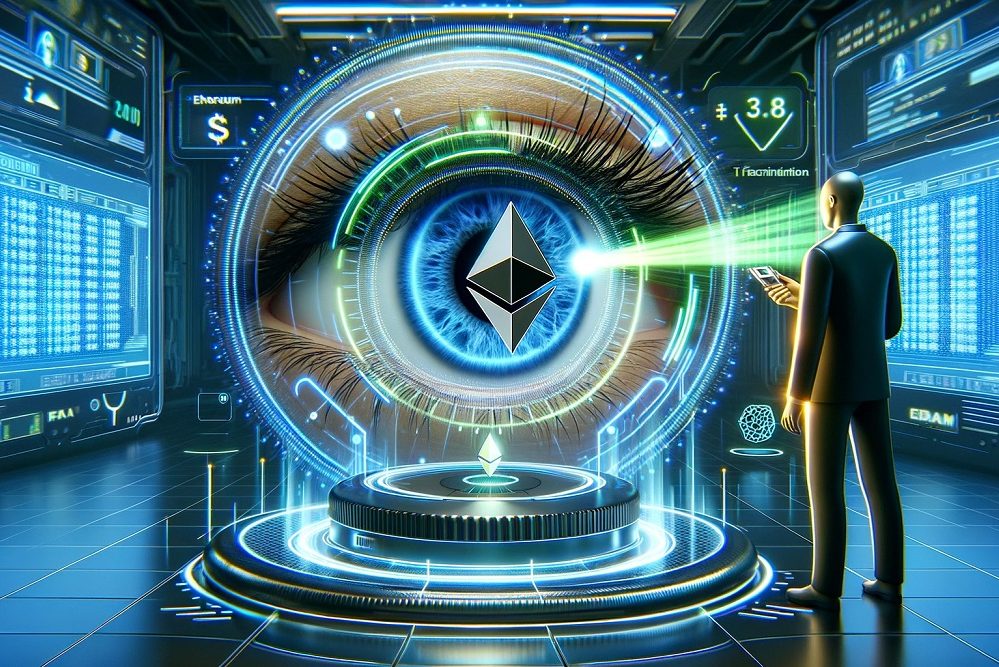WorldCoin, OpenAI founder Sam Altman's cryptocurrency initiative, is leveraging retinal scanning technology and plans to launch its own blockchain. The Layer 2 network on Ethereum, dubbed World Chain, is scheduled to launch this summer and will reward users who provide a retinal scan in exchange for a digital passport known as a “World ID.”
This new blockchain extends WorldCoin’s ongoing strategy to establish a platform for “authenticated humans” with the aim of eliminating bots and increasing trust in the era of advanced artificial intelligence. To do.
World Chain has lower fees compared to direct transactions with Ethereum
Until recently, Worldcoin's World ID protocol functioned solely as a decentralized application consisting of smart contracts on the Ethereum blockchain. The decision to establish an independent blockchain gives developers more control and flexibility over their projects, and potentially reduces costs for users.
Tools For Humanity, the organization behind Worldcoin, has announced that authenticated human users will be given priority in block space allocation over bots and free gas. They emphasized that this new chain will serve as a platform for developers to connect with millions of users through applications that will actually be used in the real world.
The newly proposed WorldChain will utilize OPStack, a blockchain framework favored by startup developers whose base network includes Coinbase. Similar to other Layer 2 “rollups,” World Chain aggregates transactions before committing them to the Ethereum blockchain, where they are permanently recorded. This method aims to provide users with lower transaction fees than those incurred on the Ethereum main network.
Introducing World Chain, a new blockchain designed for humans ⚪️ pic.twitter.com/qNb7S3vqut
— World Coin (@worldcoin) April 17, 2024
Tiago Sada, Head of Product, Engineering and Design at Tools For Humanity, noted that challenges from increased bot activity often lead to increased transaction fees and network congestion on existing blockchains. . He said automated transactions account for 50-90% of all on-chain activity. World Chain is open and permissionless, meaning that anyone, including bots, can initiate transactions, but transactions that are verified to be human are prioritized and guaranteed to be processed faster.
What World Chain is focusing on is the “identity verification” mechanism
Worldcoin has a presence in the digital realm through a unique device known as an “orb,” a chrome ball resembling a bowling ball that incorporates a lens that scans your eyeball. This feature sets Worldcoin apart by verifying the human identity of each account holder, thereby eliminating the risk of one individual owning multiple accounts or a robot creating an account. To do.
This project focuses on 'proof of identity' to address and leverage the growing demand for AI applications. Tools For Humanity, in partnership with Worldcoin, has been actively promoting the orb by conducting in-person eye scans at various conferences, events, and pop-up retail locations. To date, this project has successfully registered over 10 million users from over 167 countries.
Currently, the main interface for Worldcoin users is the World App. It is a crypto wallet that not only supports several well-known protocols but also offers enhanced features to users verified by Orb. The app is currently integrated with OP Chain, a second layer of the Ethereum blockchain developed from OP Stack.
Worldcoin ranks as the second largest protocol on the OP Chain based on transaction volume, and its WLD token holds the highest market capitalization on the chain after ETH and OP's native coin. According to Sada, the move to his proprietary network will facilitate continued user onboarding growth and provide existing users with benefits such as faster transactions and lower costs.

If the project is successful, WLD will become a first-class token similar to Ether (ETH).
Initially, the Worldcoin concept was to provide a universal basic income by rewarding individuals in certain regions (excluding the US and some other parts of the world) who scanned their retinas with WLD tokens and verified World ID accounts. I focused on that. As artificial intelligence continues to impact online platforms, WorldCoin is increasingly focusing on digital identity, even though financials are part of the challenge.
Worldcoin has integrated bot detection capabilities into the network's core framework, which will allow World ID to be incorporated into other wallet applications beyond the initial World App. Additionally, World Chain will elevate his WLD to the same status as Ether (ETH), allowing both to be used to pay network fees.
Worldcoin experienced a difficult year after launching in 2021, facing privacy criticism related to the perceived invasiveness of its retinal scanning orb. These concerns persist despite assurances from its founders that the device securely encrypts biometric information.
Thank you for the 5 million orb verified world ID and the amazing response to the world chain ⚪️ That's reason to celebrate. https://t.co/yl3e40koAo
— World Coin (@worldcoin) April 17, 2024
An MIT Technology Review research report accuses Tools for Humanity, the organization behind Worldcoin, of exploiting economically disadvantaged communities by offering free tokens in exchange for sign-ups during the testing phase. did. The report accused WorldCoin of deceptive marketing practices, excessive collection of personal data, and failure to ensure genuine informed consent.
Amid a surge in AI development and a booming crypto market, WorldCoin has announced that it will use Retina, along with enhanced encryption technology aimed at alleviating privacy concerns that have been a recurring issue since the project's inception. Introduced several updates and new features that do not require scanning.
These improvements have allowed Worldcoin to expand its reach, achieving more than 70 million transactions according to the project's latest figures. Even Ethereum founder Vitalik Buterin, who has previously criticized WorldCoin, acknowledged in an X post in March that the project has made great strides in addressing privacy issues and minimizing data usage. He praised efforts to curb the situation.

